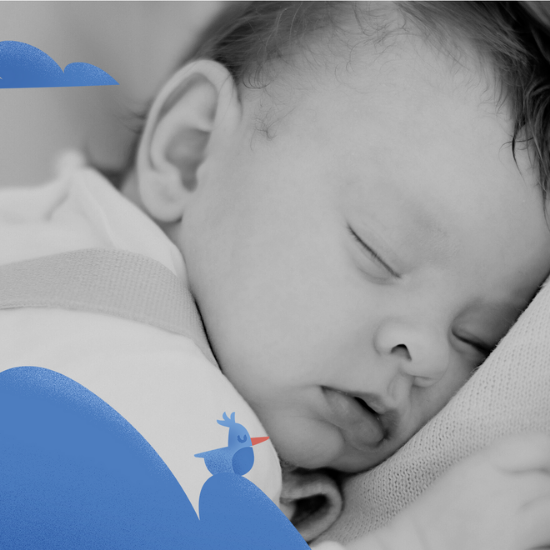
Tips for Getting Your Baby to Sleep
It can be frustrating for parents when a baby won’t nap, when a newborn is fussy at night, or when a baby only sleeps when held. A baby waking up too early can also be problematic for sleep-deprived parents. First, understand why babies sometimes fight going to sleep, and then use these tried-and-true tips for getting your baby down to nap or sleep for the night.
Why Do Babies Fight Sleep?
Babies can be difficult to understand. They can’t tell you what’s wrong, so they cry instead. It helps to know what goes on in their little minds when they fight sleep so hard. There are several common reasons a baby does this:
- They are either overtired or not tired enough. The latter makes sense, but the former is harder to understand. When babies get too tired without being put down for sleep, they get irritable and fussy.
- They’re overstimulated. Babies are learning so much about the world. Something that seems minor to you, like a new song or play session, can be overstimulating before bedtime.
- They don’t want you to go. When putting a baby down for bed or a nap, they might fuss because they don’t want to be alone or away from you.
- They’re hungry. No one likes to go to sleep on an empty stomach. This might be what your baby is trying to tell you.
- They’re hitting milestones. Babies hit developmental milestones rapidly. Once they have learned something new, like sitting up, they want to do it constantly and might resist lying down for sleep.
How to Get Your Baby to Sleep More Easily
There is hope for weary parents. It is possible to make nap time and bedtime easier. Even if your baby still struggles to fall asleep sometimes, remember that this will pass. Babies will settle into regular sleep patterns.
- Keep your baby active and stimulated during waking times. This will help satisfy their curiosity and exploration needs while tiring them out for later.
- Stick to calmer activities and avoid stimulation before bedtime.
- Create a calming routine before bed. Lower the lights, play soft music or sounds and read a story together.
- Put your baby to bed or down for a nap as they start to get drowsy but while they are still awake. This helps them associate the bassinet or crib with falling asleep.
- Infants feel soothed by swaddling. This can mimic the sensation of being held if your baby struggles to fall asleep alone in their crib.
- Maintain a consistent routine. To the best of your ability, put your baby down for naps, put them to bed, and get them up at the same time every day. Babies respond to consistency and might struggle to sleep when you disrupt their schedule.
Soothing sounds, like a shushing that mimics the sound of being in the womb, can also help babies fall asleep. Use your BetterSleep app to find the sounds that your baby responds to. A quiet mix of sounds can help them drift off sooner.






















